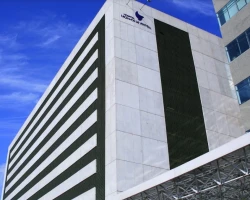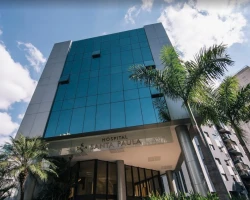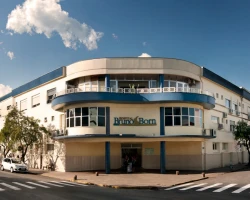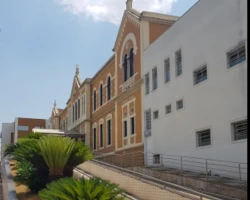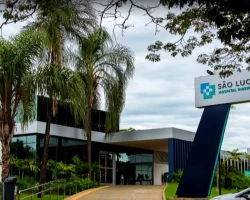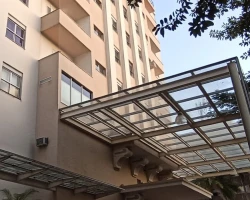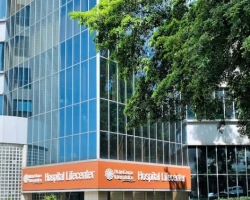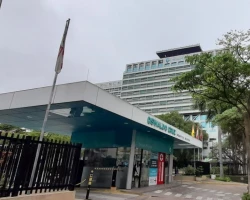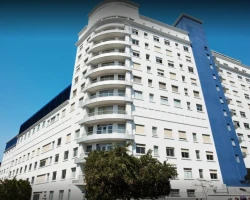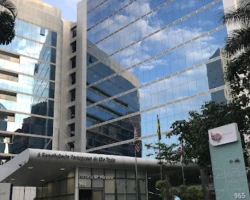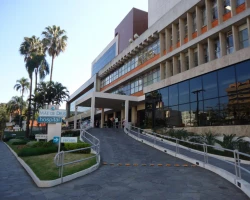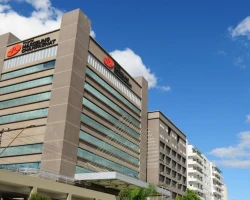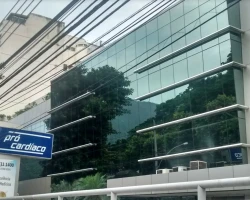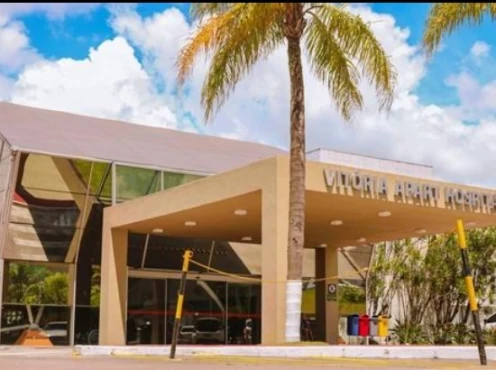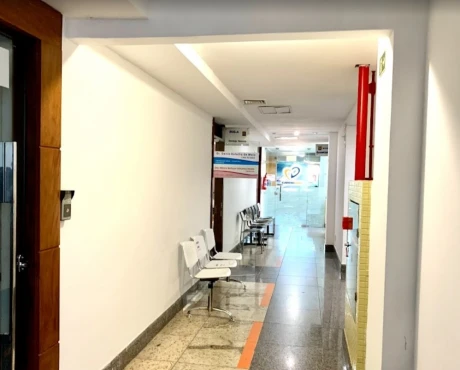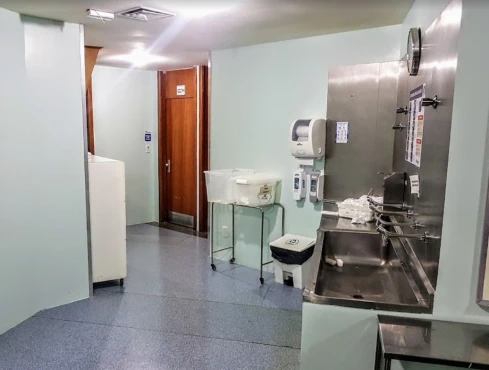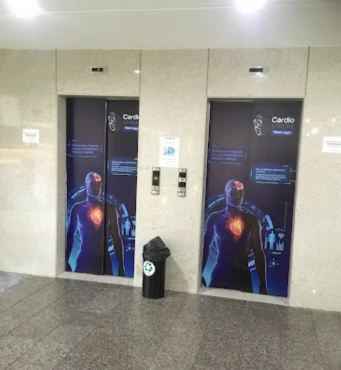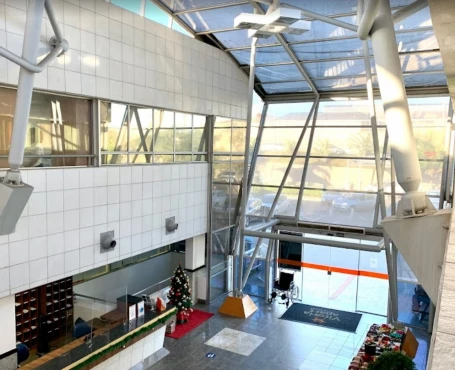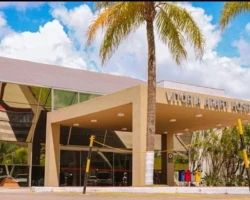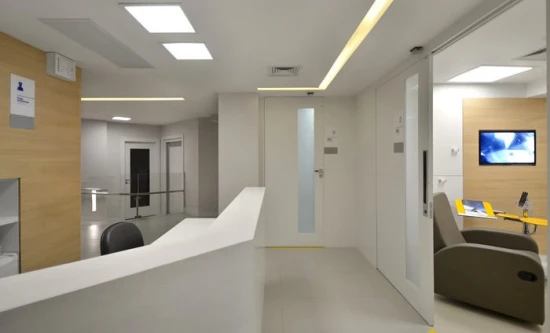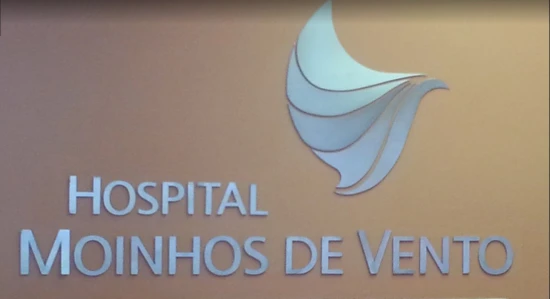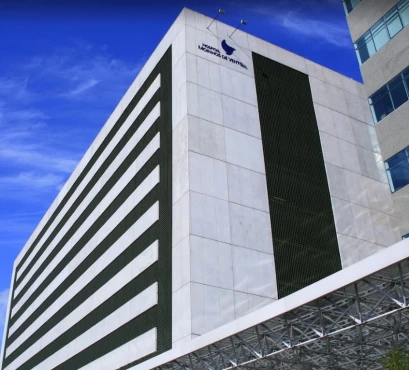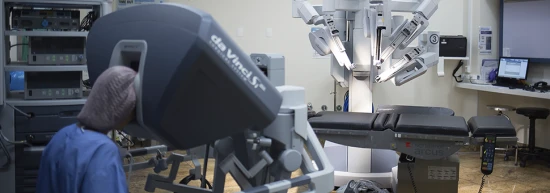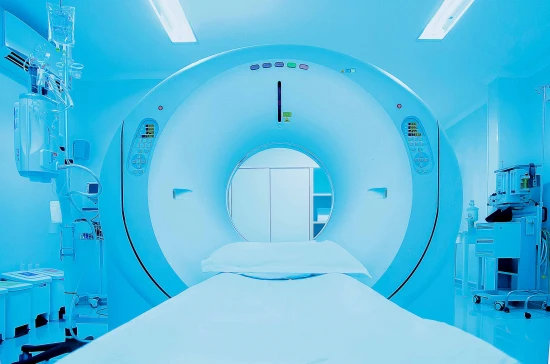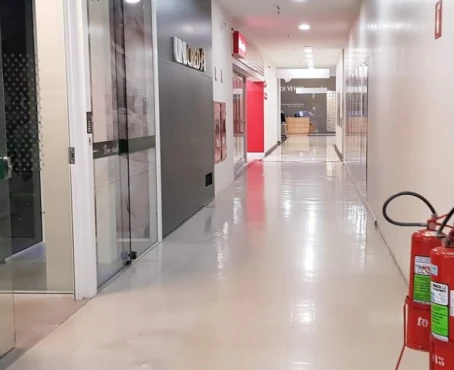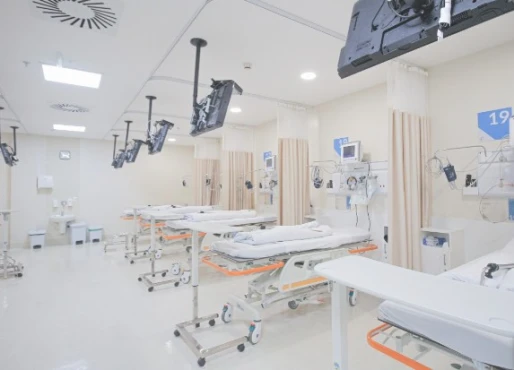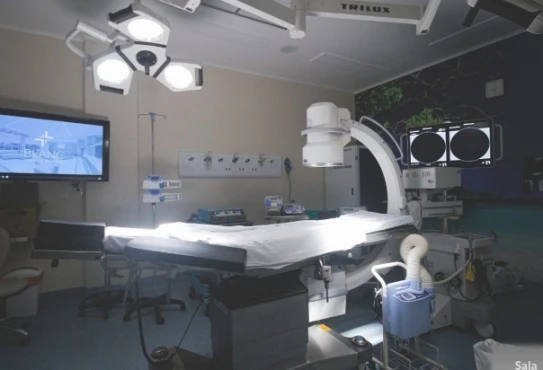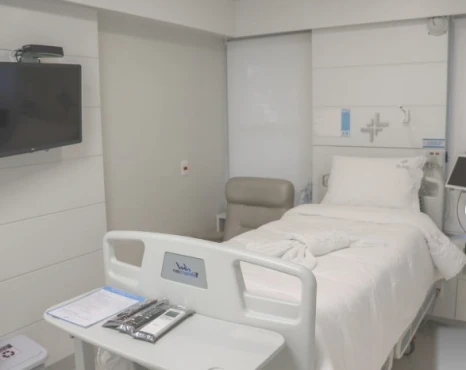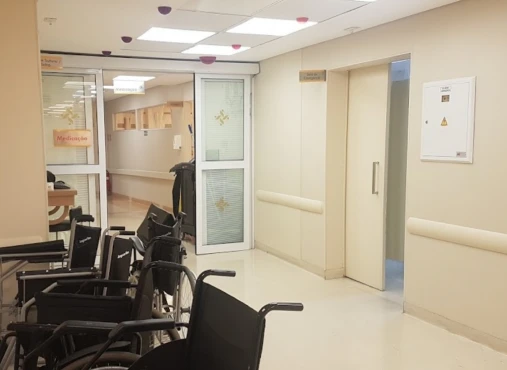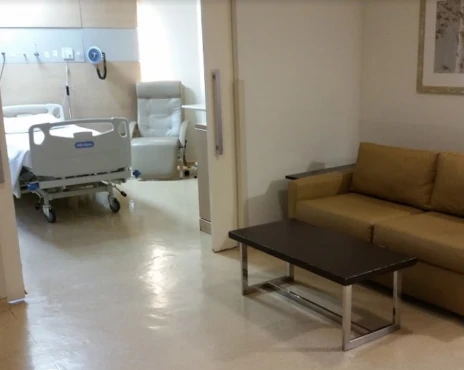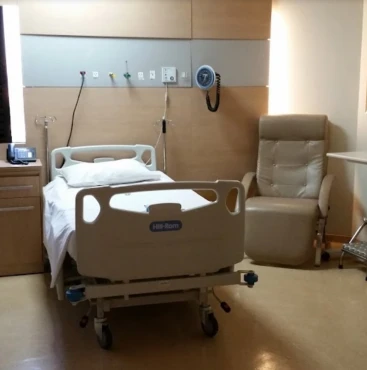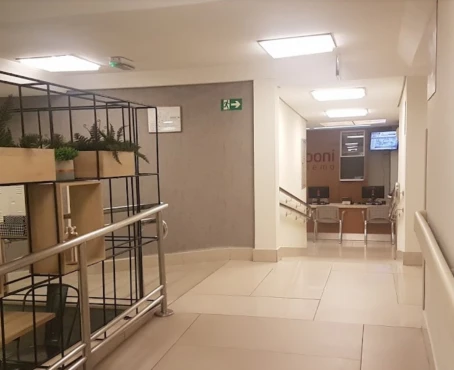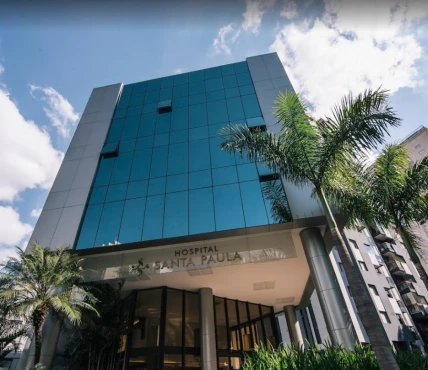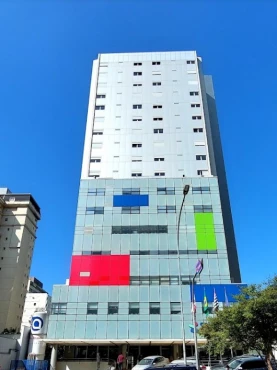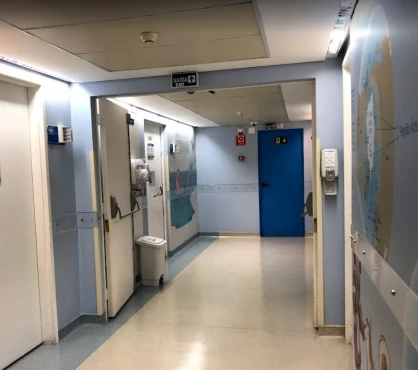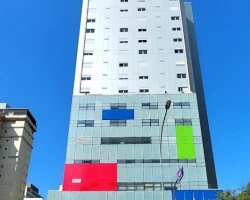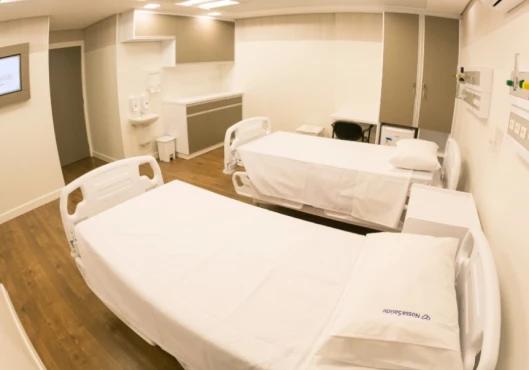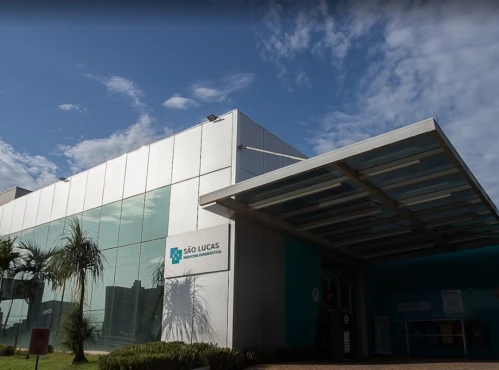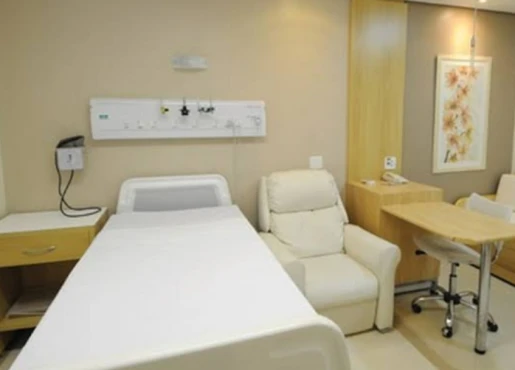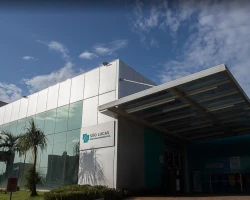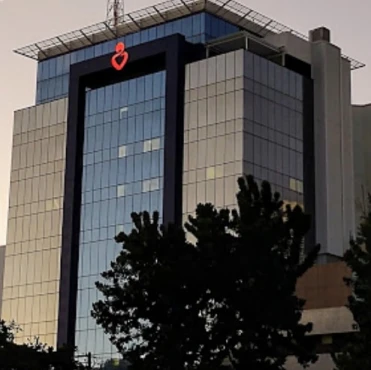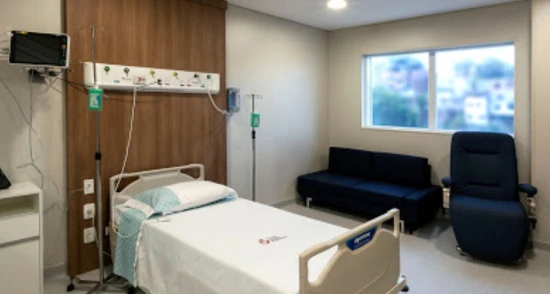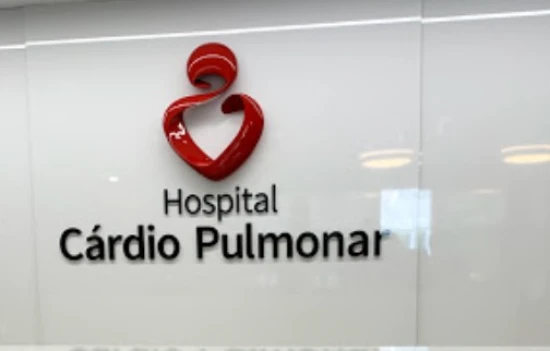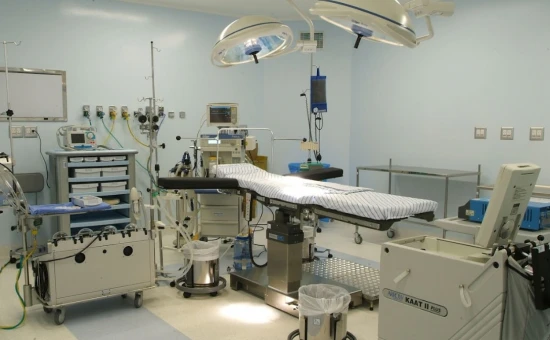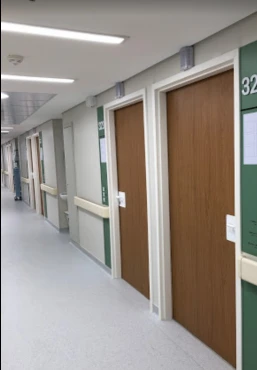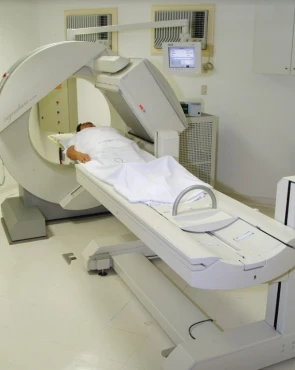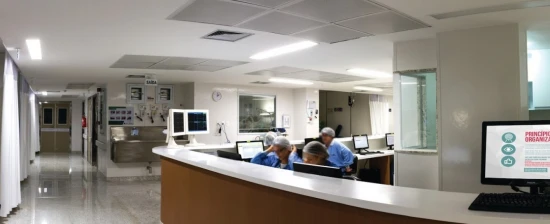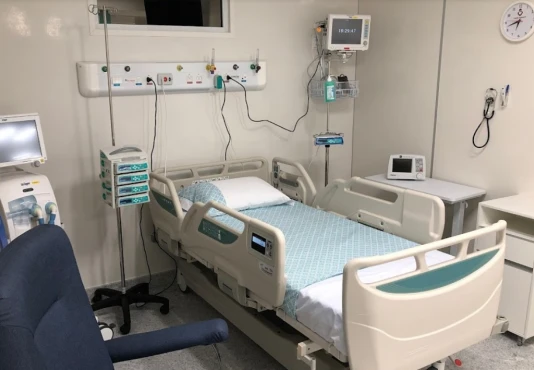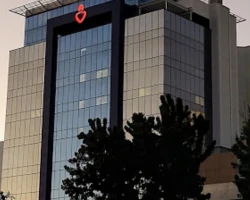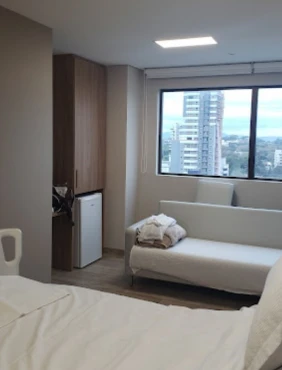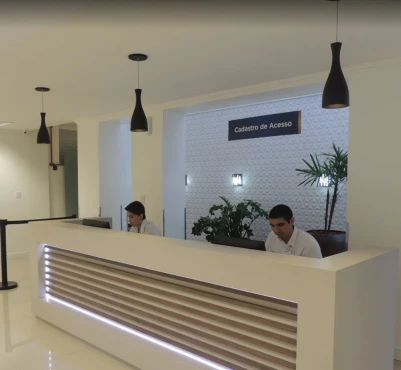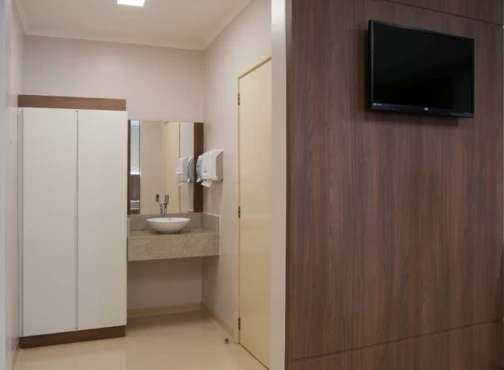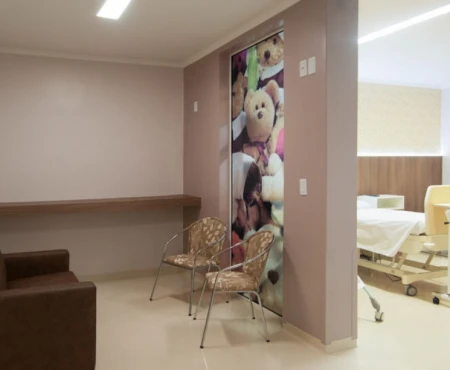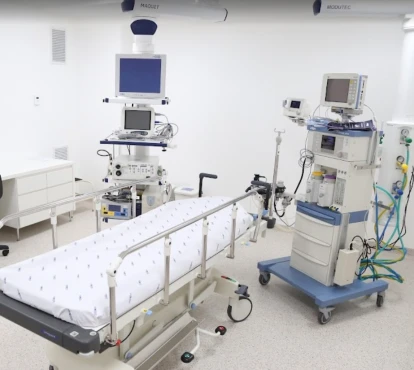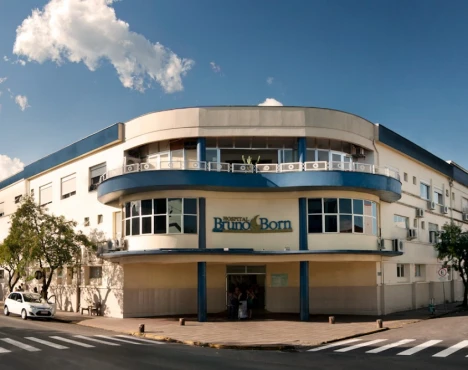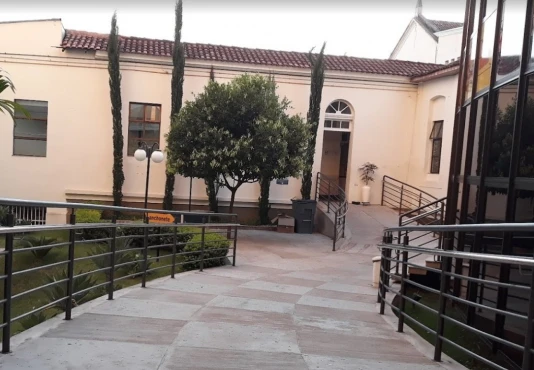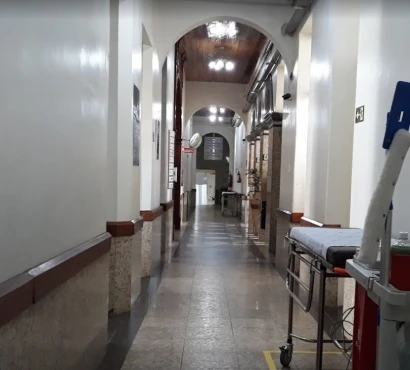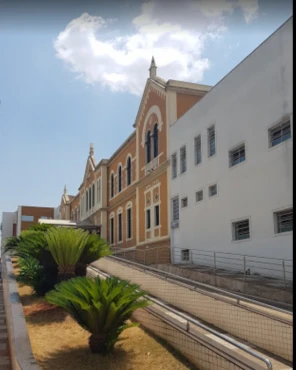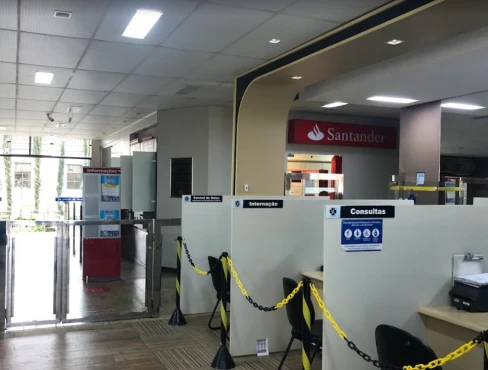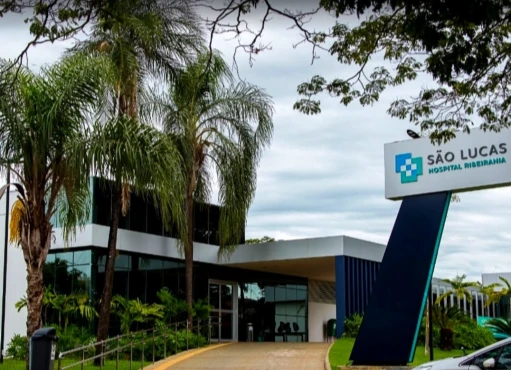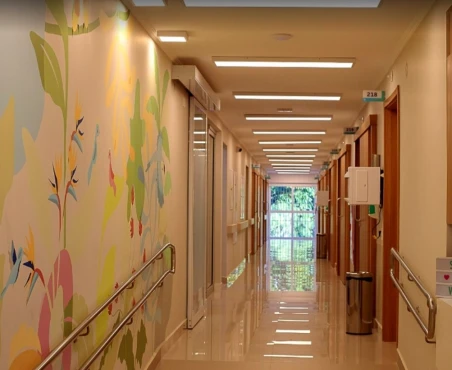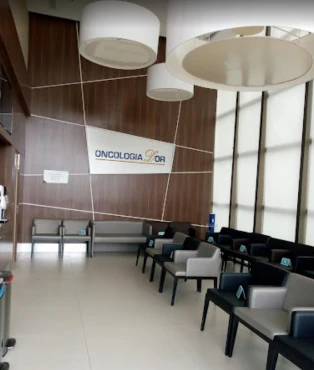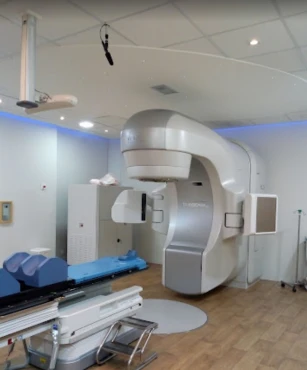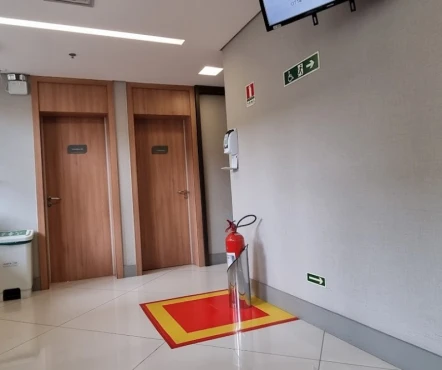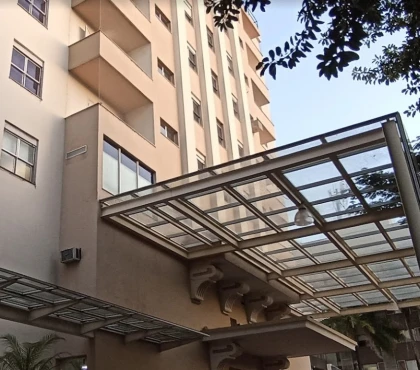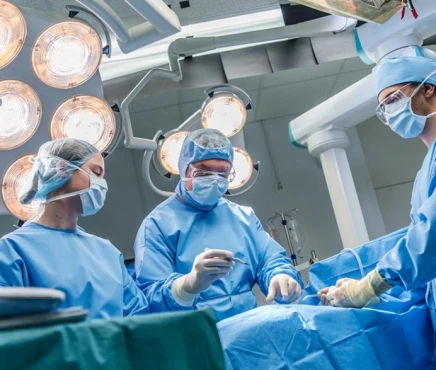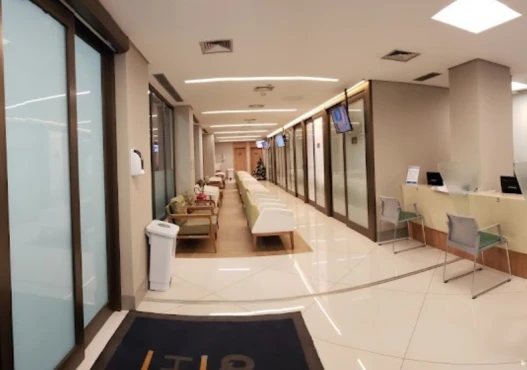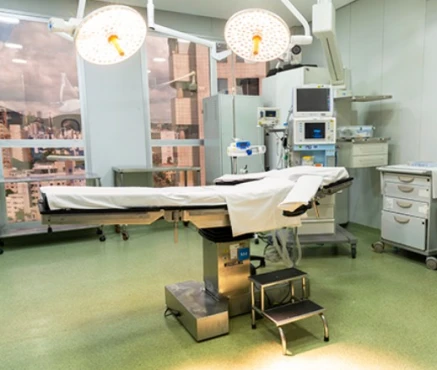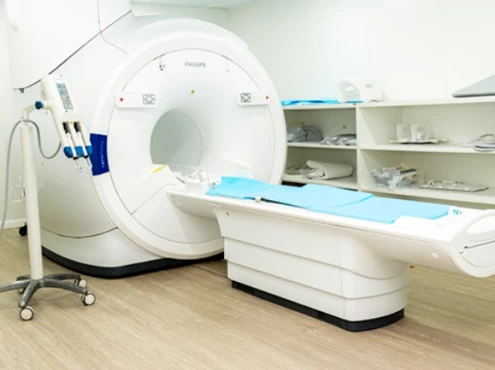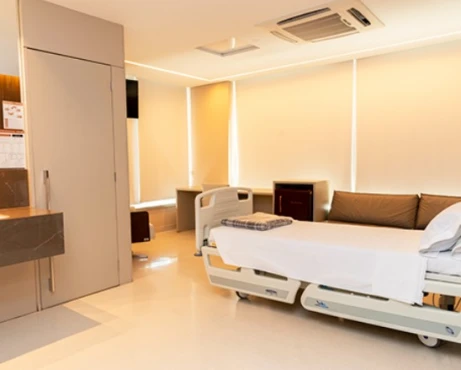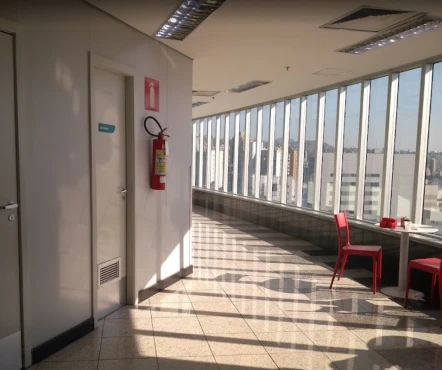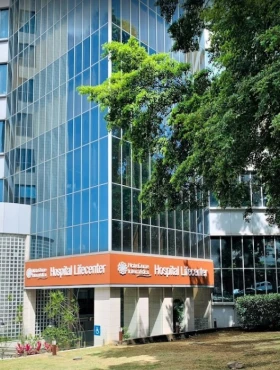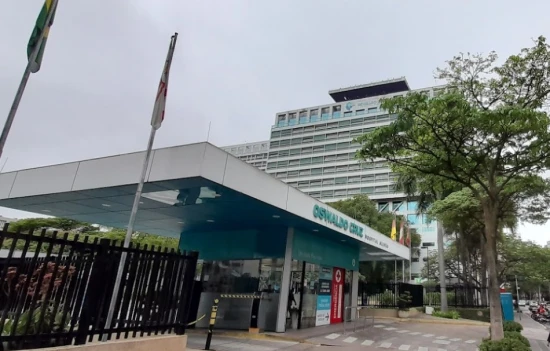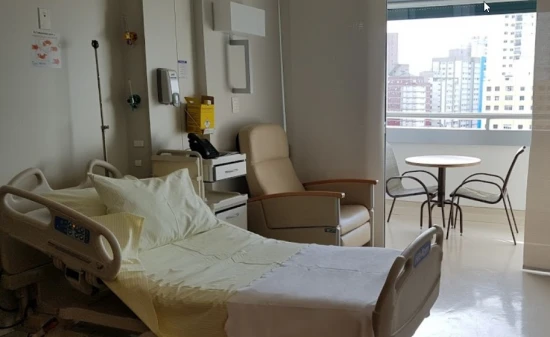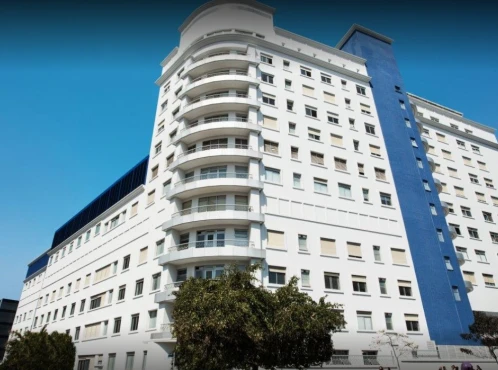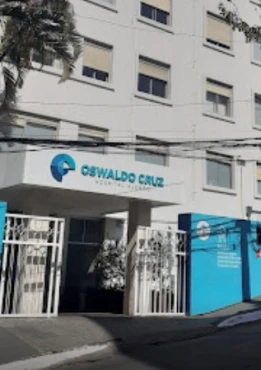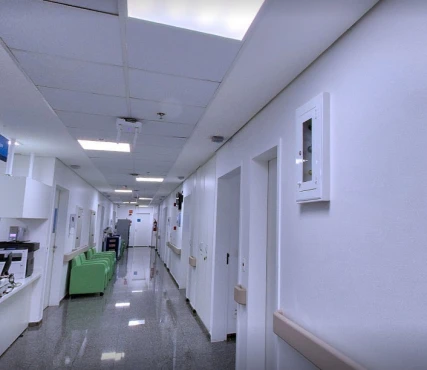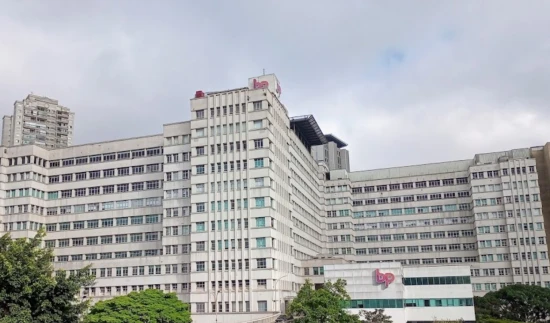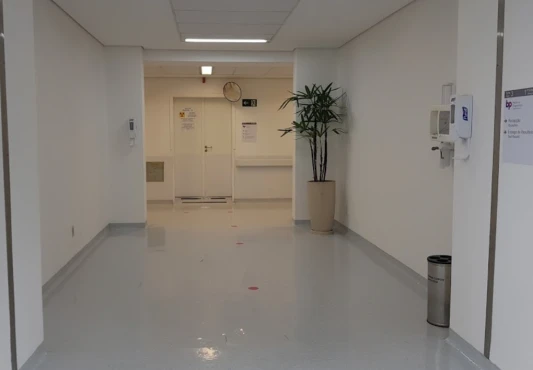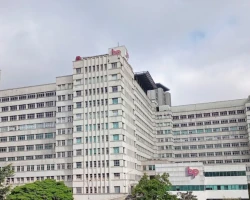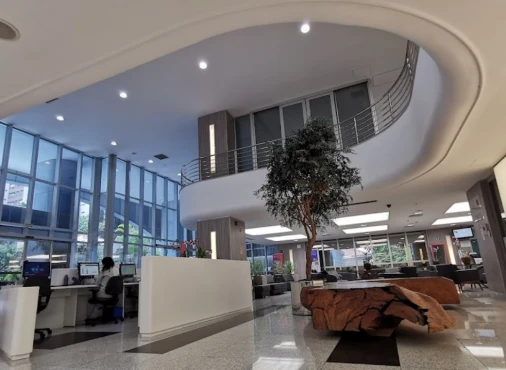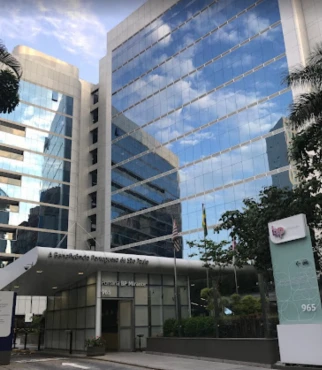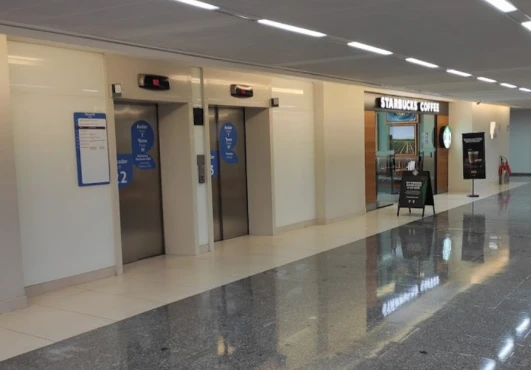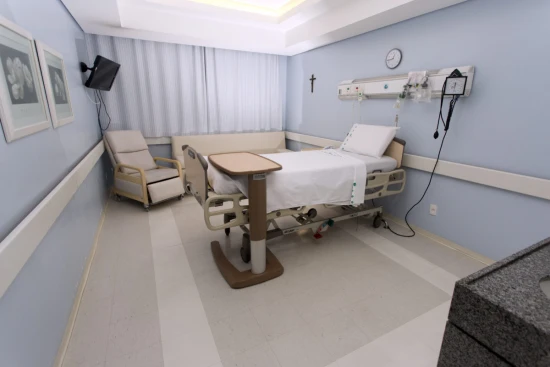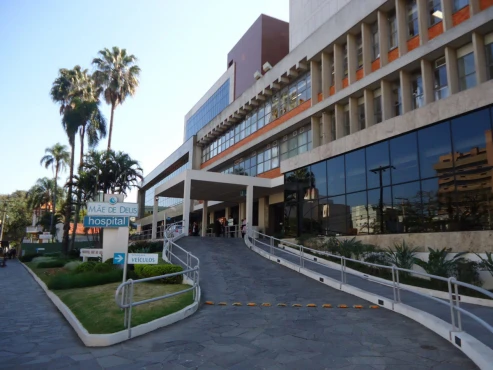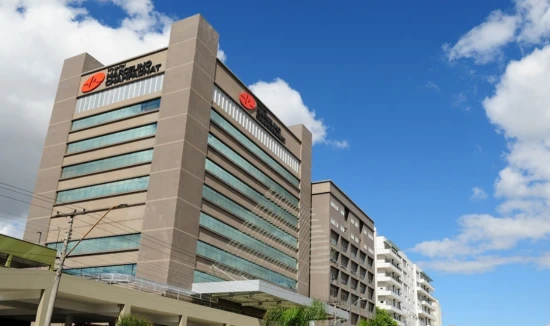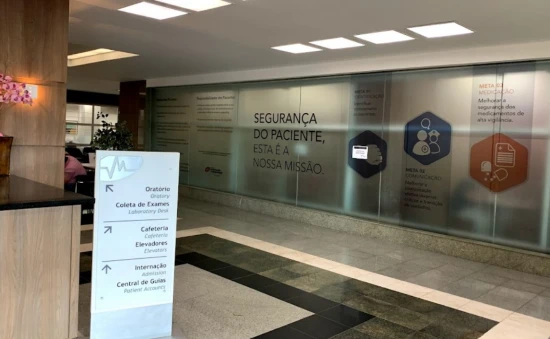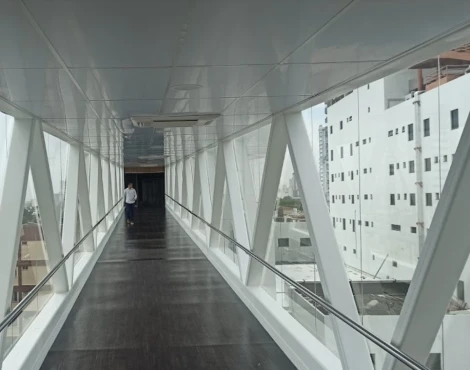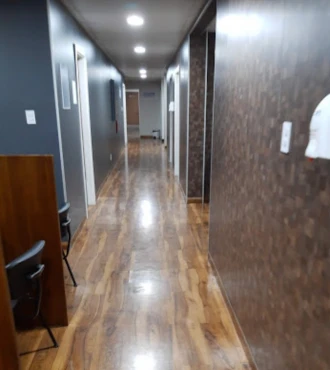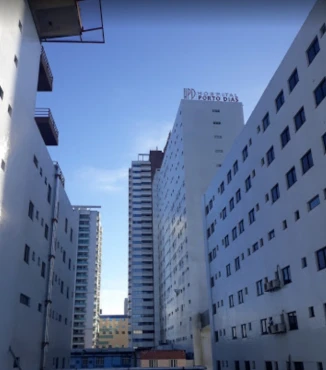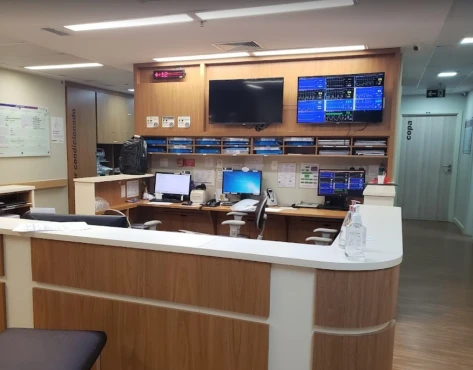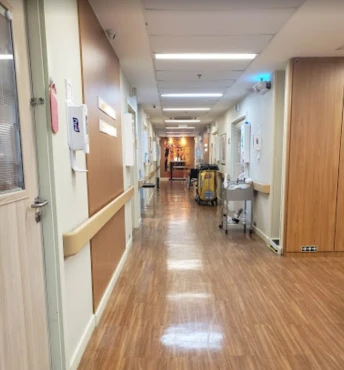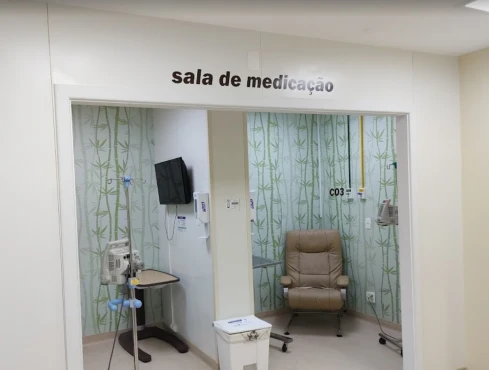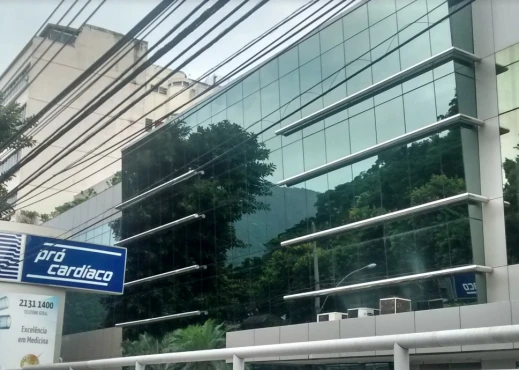from Paola Chimenes
December 08, 2023
This hospital is terrible!!!! I had an ear problem last month and I went to this hospital that charged me for a consultation without first telling me that they did NOT have an ENT doctor available who could help me (even after having gone through the screening), and now even having spoken to the ombudsman, they claim that I was notified, which is an absurd lie. What I take away from this is that in addition to having terrible service and incompetent nurses, they also lie. Don't go to Santa Paula, they won't solve your problem, and then they will claim that “you were too stunned to understand” which is an absurd lack of empathy and humanity for a hospital to say something like that.
from Jade Giffoni
December 03, 2023
Second time this week I spent this week in the emergency room of this hospital, because the medicines prescribed by the doctors are not relieving my pain, I have flu-like symptoms. I haven't slept almost at all this week and today in particular, I stayed up all night feeling a lot of pain. It is not possible that I will have to go to the emergency room for the third time. If I go, it won't be in this hospital.
Update:
I went to the emergency room for the third time this week, but in another hospital, I was howling in pain, I knew something was wrong, as I was feeling very ill and didn't get better with any prescribed medication. I was diagnosed with sinusitis in another hospital, I remember that the last doctor at this hospital said it was nothing serious and didn't even give me an antibiotic and said it was influenza. They gave me nausea dosage in the amount for a child and not for an adult and in a greater number of hours.
I no longer trust this hospital and will not return again.
from Edmea Miyashiro
October 13, 2023
Good afternoon everybody.
My 18 year old daughter was hospitalized on 10/06 with teratomas on her ovary. A huge scare, because we went to the emergency room with suspected kidney stones.
We were very scared and very worried, but I would like to record here the excellent and extremely humanized care provided by everyone, without exception, at the hospital. My daughter had recently turned 18 and so I couldn't sleep with her in the hospital, imagine my despair and worry? So, in addition to never being hospitalized, she had to be alone.
But, all (without exception) the nurses, receptionists, doctors, were very careful, loving, attentive and caring. I would really like to remember everyone's name (and I recommend that the hospital look at the days of this shift to really recognize these professionals from 10/05 to 11:20 pm to 10/08), but I was very nervous, but, I remember Carol, Kelly, Luana (in the emergency room), Dr Manoel and the team that successfully performed the surgery to remove the teratomas on my daughter. Those whose names I don't remember (especially a nurse who attended to us in the early hours of 10/06 who was so loving), please forgive me, they are no less important in my gratitude, as I said to some of you, for For me, it is not simply a profession but rather a gift of caring for others.
I couldn't spend 24 hours with my daughter in the 3 days she was there, but I'm sure that God chose all the people who took care of her correctly.
Congratulations to the hospital, which recognizes its team and always values the people who work there.
I also mention the cleanliness of the hospital and the rooms, which are cleaned constantly.
My daughter continues to recover very well. I am grateful for Dr. Manoel's assertive clarifications, which left us calm and confident as my daughter continued.
I noticed that all medications, all procedures that were performed, were calmly explained to her, eye to eye, realizing whether she was understanding or not.
Thank you all very much, may God bless you always.
